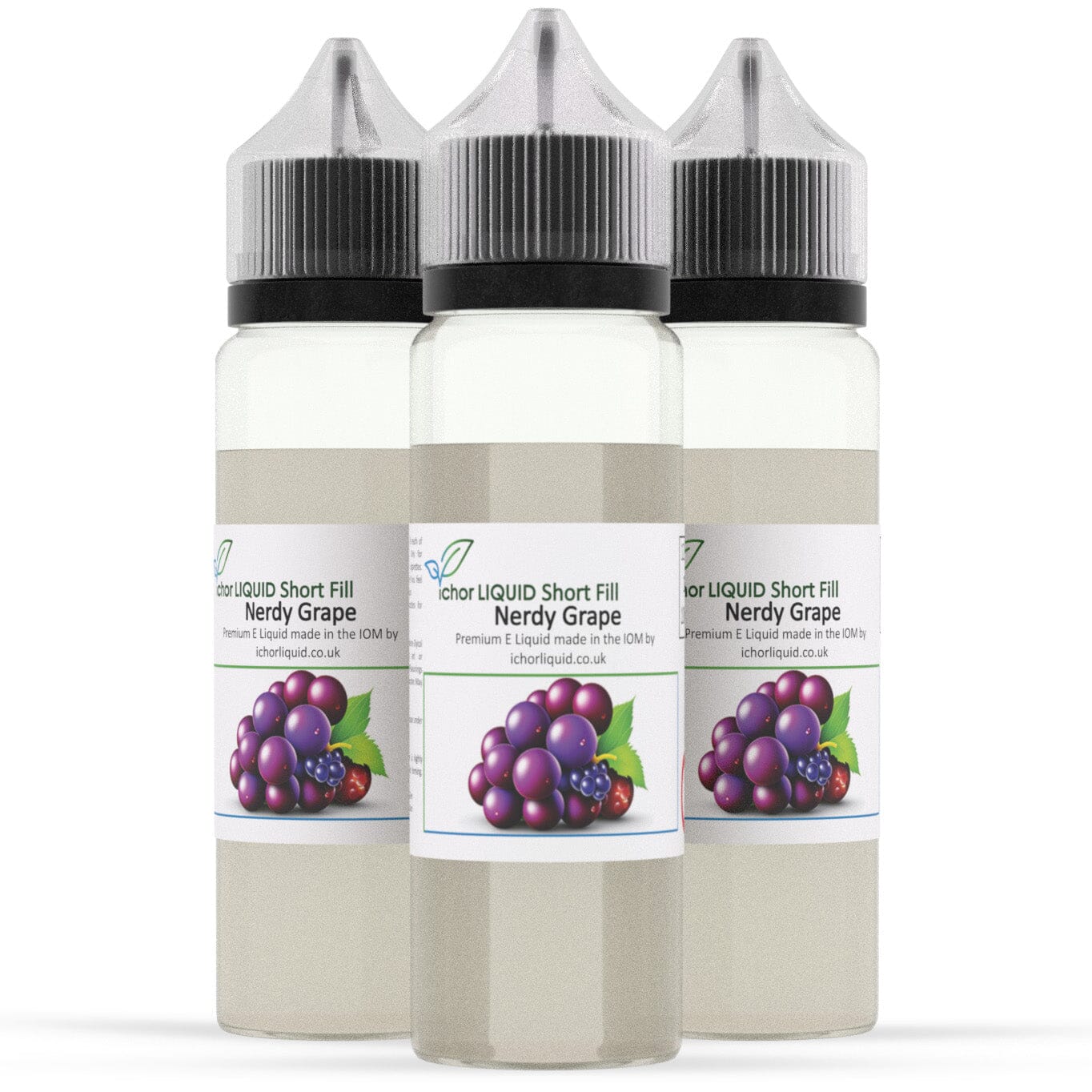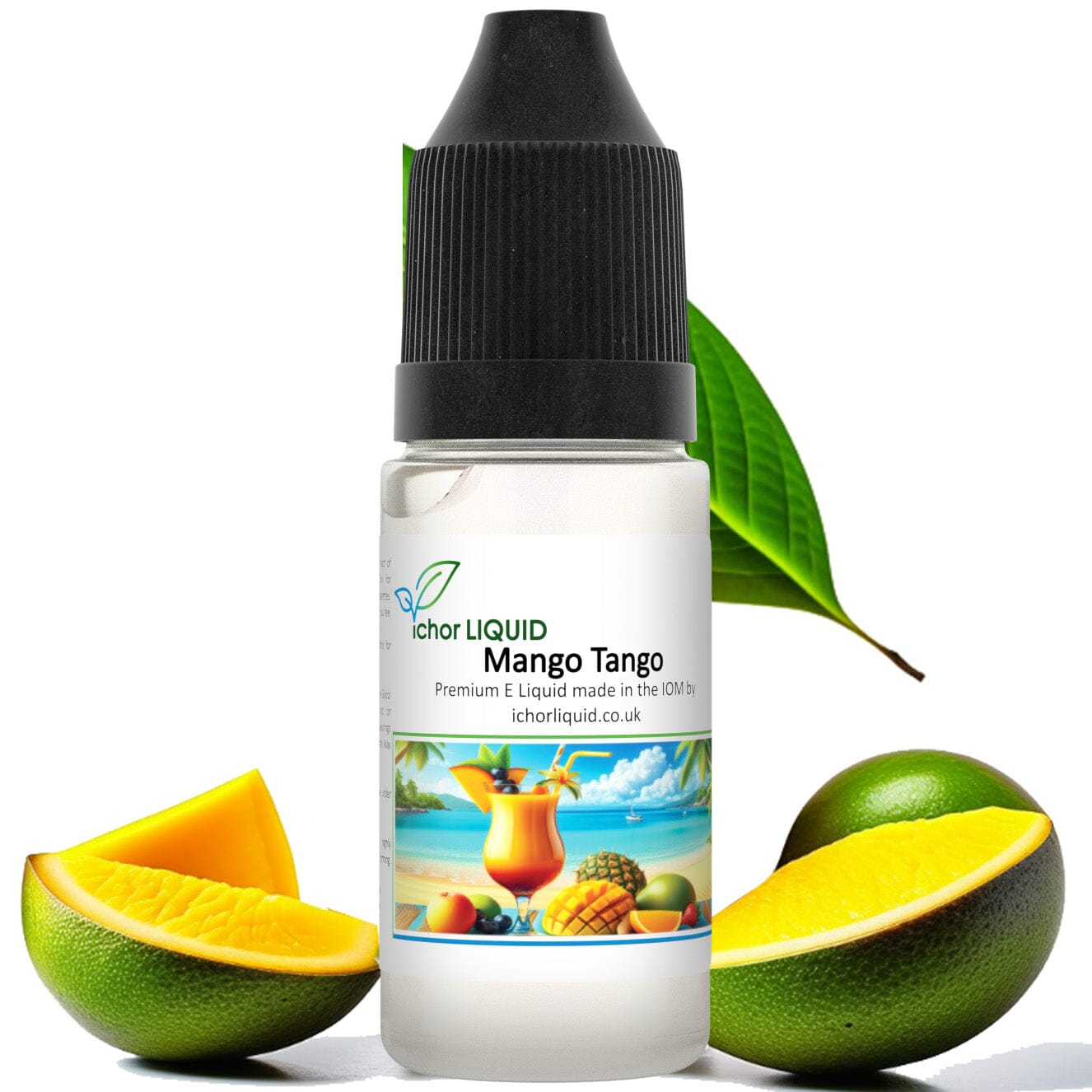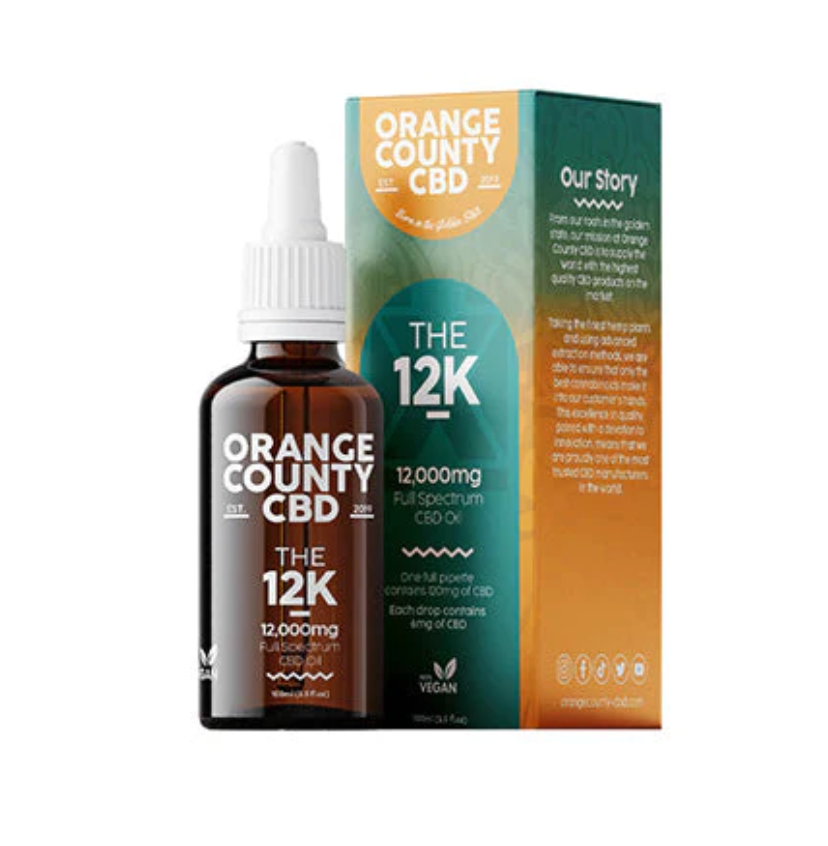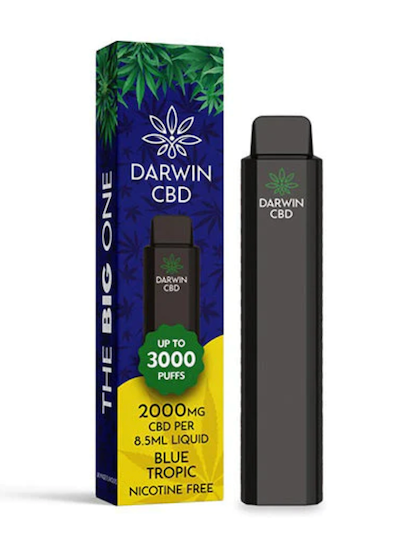Can you suddenly become allergic to propylene glycol?
Can you suddenly become allergic to propylene glycol?
It is a rare but significant occurrence when someone develops an allergic reaction to propylene glycol. This chemical is found in a variety of products including skincare items, medications, and food. Although it is commonly regarded as safe, some individuals may experience unexpected allergic responses to propylene glycol. It is important to be aware of the symptoms and treatment options for this potential allergy to ensure the safety and health of those affected. In this blog post, we will explore the possible causes and signs of propylene glycol allergy, as well as steps to take if you suspect you may be allergic to this compound. If you've ever wondered for example why vaping can sometimes make you itch so much, it's essential to understand the factors that contribute to this discomfort. You can explore more about the topic of Vaping Itch in our dedicated article.
Key Takeaways:
- Propylene glycol sensitivity can develop at any time: While some people may have a sudden onset of allergy-like symptoms after exposure to propylene glycol, others may develop sensitivity over time.
- Exposure can trigger symptoms: Exposure to propylene glycol through various products, such as cosmetics, medications, and foods, can trigger symptoms in sensitive individuals.
- Consult a healthcare professional: If you suspect a propylene glycol allergy, it is important to consult a healthcare professional for proper diagnosis and management.
- Avoidance is key: The best way to manage a propylene glycol allergy is to avoid products containing this ingredient.
- Read labels carefully: Be sure to carefully read product labels to identify and avoid propylene glycol-containing products.
The Science of Allergies: A Brief Overview
The Science of Allergies: A Brief Overview Allergies are immune system responses to foreign substances like pollen, pet dander, or certain foods. These reactions can range from mild irritation to severe anaphylaxis. For more comprehensive information on allergies, you can refer to the Mayo Clinic's detailed overview.
The Immune System: Defender of the Biological Cosmos
An intricate network of cells, tissues, and organs, the immune system serves as the body's defense mechanism against harmful invaders, such as bacteria and viruses. When a foreign substance enters the body, the immune system identifies it as a potential threat and initiates a response to neutralize or eliminate it. This process involves the production of antibodies, specialized immune cells, and the release of signaling molecules to coordinate the body's defense.
An overactive immune response can lead to the development of allergies. This occurs when the immune system mistakes harmless substances, such as pollen or certain foods, for dangerous invaders, triggering an allergic reaction. Understanding the intricate workings of the immune system is crucial in comprehending the mechanisms behind allergic reactions and the sudden development of allergies.
Allergic Reactions: When Protection Turns into Peril
Defender against harm one day, but catalyst for distress the next, the immune system can experience a glitch in its defense mechanism, resulting in an allergic reaction. When the immune system overreacts to a harmless substance, it releases a flood of chemicals, such as histamine, triggering symptoms such as itching, swelling, and difficulty breathing. In severe cases, an allergic reaction can progress to anaphylaxis, a life-threatening condition that requires immediate medical attention.
For instance, propylene glycol is a substance commonly found in skincare products, medications, and food items. While rare, sudden allergic reactions to propylene glycol have been reported, resulting in symptoms such as skin irritation, hives, and respiratory distress. It is essential to be aware of the potential for sudden allergic reactions and to seek medical advice if any concerning symptoms arise.
The Enigma of Propylene Glycol Allergy
If you've ever experienced a sudden onset of allergic symptoms after using a product containing propylene glycol, you're not alone. The enigma of propylene glycol allergy has perplexed many individuals who have had unexpected reactions to this common ingredient found in numerous personal care and food products.
Chemical Profile: Propylene Glycol Under the Microscope
Microscope analysis of propylene glycol reveals a clear, colorless, and odorless liquid that is commonly used as a humectant, solvent, and preservative in a wide range of consumer products. It is known for its hygroscopic properties, which make it effective in retaining moisture and preventing products from drying out. While propylene glycol is generally recognised as safe for use in small concentrations, some individuals may develop sensitivities and allergies to this chemical. Using e-liquids with a higher concentration of vegetable glycerin (VG) can be a good choice for those with propylene glycol allergies. This type of e-liquid, often referred to as100% VG e liquid, is known for its smooth and less irritating properties.
Case Reports: Documenting Sudden Sensitivities
Sudden sensitivities to propylene glycol have been documented in case reports, with individuals reporting symptoms such as skin irritation, redness, itching, and hives after exposure to products containing this chemical. In some cases, individuals have experienced respiratory symptoms, such as shortness of breath and wheezing, after inhaling propylene glycol-containing products. These reports highlight the potential for individuals to develop allergic reactions to propylene glycol, even after previous use without any adverse effects.
Allergy to propylene glycol may manifest as contact dermatitis or respiratory symptoms, and can be triggered by exposure to personal care products, medications, or foods containing this chemical. Individuals with a history of atopic dermatitis, eczema, or asthma may be at a higher risk of developing allergic reactions to propylene glycol. It is important for those who suspect an allergy to propylene glycol to seek medical evaluation and consider avoiding products containing this chemical to prevent further adverse reactions.
Investigating the Cause: Theoretical and Empirical Insights
Despite the sudden onset of allergies to propylene glycol, researchers have been delving into the theoretical and empirical underpinnings of this phenomenon. By examining genetic predispositions and environmental factors, we hope to gain a better understanding of the causes of this perplexing allergic reaction.
Genetic Predispositions: Written in the Stars of DNA
Empirical evidence suggests that for some individuals, genetic predispositions play a significant role in the development of allergic reactions to propylene glycol. Research studies have shown that certain genetic markers can make individuals more susceptible to developing allergies. This indicates that an individual's genetic makeup can indeed influence their likelihood of becoming allergic to propylene glycol.
Environmental Factors: The Universe’s External Influences
Investigating the role of environmental factors in the sudden onset of propylene glycol allergies yields crucial insights. Some of the key external influences that have been identified include
- exposure to certain chemicals and pollutants,
- changes in climate and air quality,
- and lifestyle factors such as diet and stress levels.
After considering these factors, it becomes evident that the environment could potentially trigger allergic reactions to propylene glycol.
The impact of environmental factors on allergic reactions to propylene glycol is undeniable. Exposure to certain chemicals and pollutants, changes in climate and air quality, and lifestyle factors such as diet and stress levels can all contribute to the sudden onset of allergies. After considering these factors, it becomes evident that the environment could potentially trigger allergic reactions to propylene glycol.
Navigating the World with a New Allergy
Now that you have discovered your allergy to propylene glycol, it's important to learn how to navigate the world while avoiding this common ingredient. With the right tools and knowledge, you can still enjoy a fulfilling and healthy lifestyle.
Identification and Avoidance: Charting a Safe Course
With your new allergy, it's crucial to become an expert at identifying products that contain propylene glycol. This may require careful examination of ingredient labels and asking questions at restaurants and stores. Additionally, you'll need to develop a list of safe alternatives and brands that offer propylene glycol-free options. By staying vigilant and informed, you can protect yourself from potential allergic reactions.
Treatment and Management: Strategies for a Harmonious Existence
Course of action in treating and managing your propylene glycol allergy may involve working closely with a medical professional to develop a personalized plan. This could include prescription medication for severe reactions, as well as lifestyle adjustments to minimize exposure. Proper management is crucial for ensuring a harmonious existence while living with this allergy.
Existence with a propylene glycol allergy may involve making changes to your daily routine, but it's important to remember that it's possible to live a fulfilling and happy life despite the challenges. By staying proactive and taking control of your health, you can continue to thrive while managing your allergy.
FAQ
Q: Can you suddenly become allergic to propylene glycol?
A: Yes, it is possible for an individual to develop an allergy to propylene glycol, even if they have not previously experienced any allergic reactions to it. Allergies can develop at any time in life due to a variety of factors.
Q: What are the symptoms of an allergic reaction to propylene glycol?
A: Symptoms of an allergic reaction to propylene glycol can include hives, itching, swelling, redness, and in severe cases, difficulty breathing or anaphylaxis. It is important to seek medical attention if you suspect an allergy to propylene glycol.
Q: How is an allergy to propylene glycol diagnosed?
A: Allergies to propylene glycol are typically diagnosed through skin patch testing or allergy blood tests. It is important to consult with an allergist or immunologist for an accurate diagnosis.
Q: Can propylene glycol allergies be treated?
A: Treatment for propylene glycol allergies typically involves avoiding products containing the substance. Antihistamines or corticosteroids may be prescribed to manage allergic symptoms. In severe cases, epinephrine may be necessary to treat anaphylaxis.
Q: What products commonly contain propylene glycol?
A: Propylene glycol is commonly found in a wide range of products, including cosmetics, medications, food, and e-liquids for vaping. It is important for individuals with propylene glycol allergies to carefully read ingredient labels and avoid products containing the substance.






